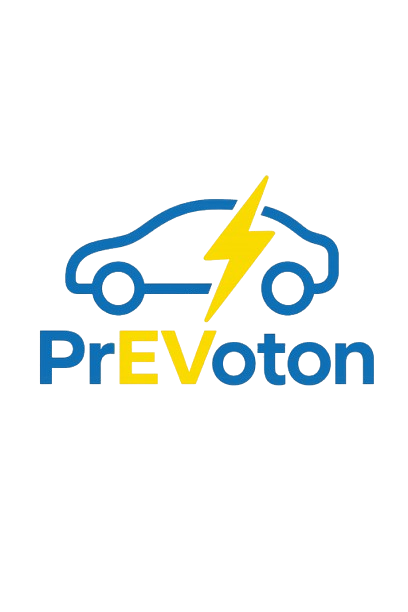
2020 Greenhouse Gas Emissions Breakdown by Sector
Transportation fuels a significant slice of global emissions. Prevoton helps you shrink that slice by turning gas vehicles electric—clean, simple, and sustainable.
At Prevoton, we are redefining transportation by transforming the vehicles you already love into clean, electric-powered machines. Our mission is to make sustainable mobility accessible, affordable, and practical while preserving performance and style. From small engines to cars, trucks, commercial fleets, and even boats, our innovative conversion solutions give gas and diesel vehicles a new life, reducing environmental impact while keeping them on the road or water for years to come.
1. CHOOSE YOUR MACHINE
2. WE BUILD OR SEND A KIT
3. YOU ENJOY ZERO EMISSIONS
The future of clean transportation isn’t only about buying new electric vehicles — it’s also about upgrading the ones we already own. With modern electric motors and advanced battery systems, converting your current gas or diesel vehicle can give you the performance, range, and efficiency of a new EV, without the long wait or unnecessary waste.
Benefits of Electric Conversion
Sustainability
Reduce emissions and help combat climate change.
Promote cleaner air and healthier communities.
Conserve valuable natural resources by reusing existing vehicles.
Affordability
More cost-effective than buying a brand-new EV.
Extend the lifespan and value of your current vehicle.
Convenience
Seamlessly integrates with your vehicle’s existing systems.
Minimal downtime — keep your routine running smoothly.
Performance
Enjoy powerful, reliable electric performance.
In some cases, benefit from enhanced capabilities like increased torque.
What Can You Electrify?
Not Sure Where to Start? Just Ask.
Our new AI Conversion Advisor is here to give you fast, clear answers about your electric vehicle transformation.
With over a billion vehicles already on the road, replacing them all with new EVs will take decades. Conversions let us bridge that gap now, giving drivers the electric performance they want while reusing what they already own.
Small EV Conversion Kit lets you transform gas-powered mowers, snow blowers, and other small machines into quiet, zero-emission electric powerhouses. Engineered for DIY installation, each kit includes everything you need to remove your old gas engine and replace it with a reliable, maintenance-free electric motor. No more pull cords, no more carburetor issues, and no more fumes—just clean, instant-start performance that keeps the equipment you love working for years to come.
Let’s Stay Connected.
Have questions or want to work with us? Share your details and our team will reach out to you soon. We’re here to help and excited to connect.
prevoton@gmail.com











